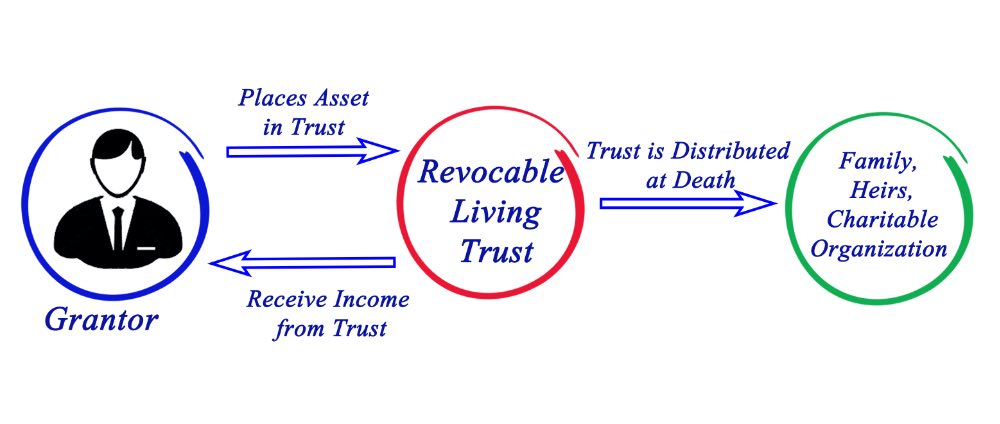QUESTION:
I have an older car that I am considering donating. Can I get a tax deduction for the donation?
ANSWER:
It depends. You first must donate the car to a qualifying charity. Donating it to a family member won’t qualify for a deduction. You also must itemize deductions on Schedule A to do it. The deduction is generally the sales proceeds that the charity receives from selling the car. There are exceptions like if the charity keeps the car for its business use or donates it to a needy person. Finally, the deduction can’t exceed 50% of your adjusted gross income. The charity will provide you with a Form 1098-C that will tell you how much they sold the car for. And you must attach Form 8283 to your tax return if claiming a deduction greater than $500.
QUESTION:
I am confused about the so-called kiddie tax. What are the current rules?
ANSWER:
Congress changed this law twice recently so, it’s understandable that you’re confused. For 2020, your child’s unearned income over $2,200 is taxed at your tax rates. And your child may need to file a tax return if unearned income exceeds $1,100. Of course, there are exceptions that allow you to include some of the child’s unearned income on your return.





